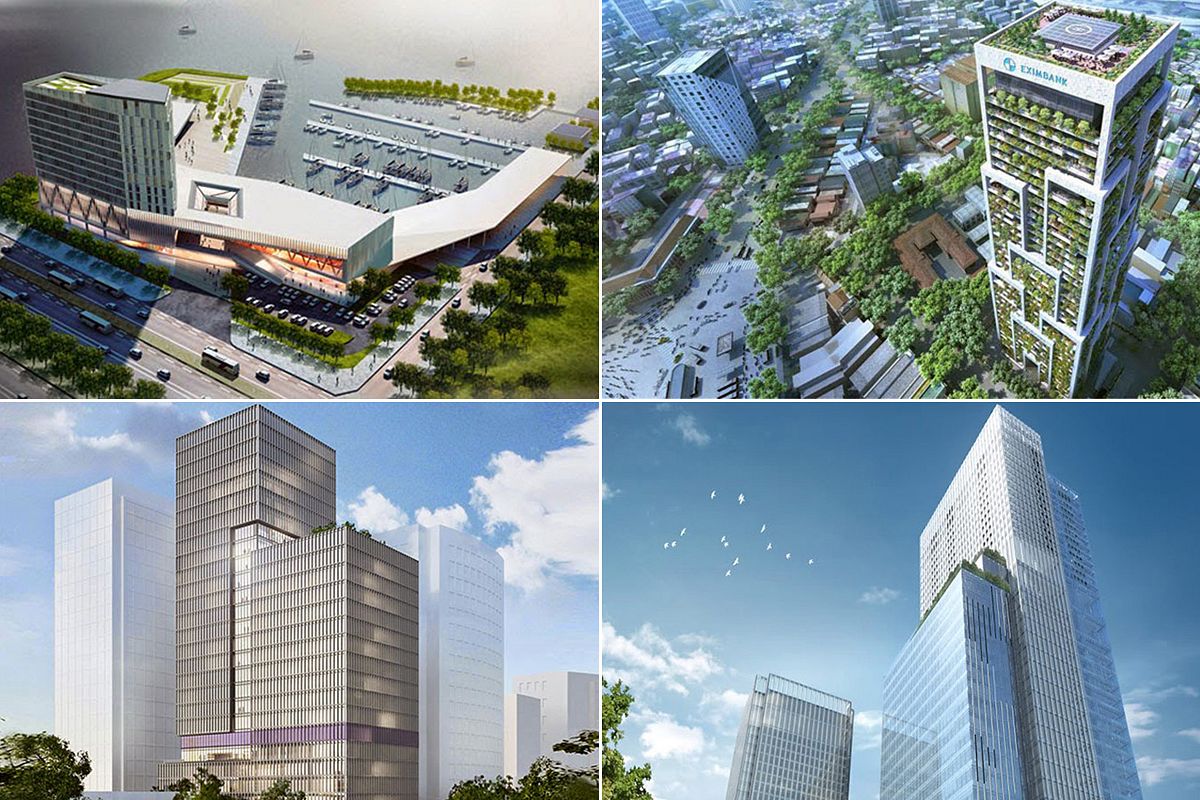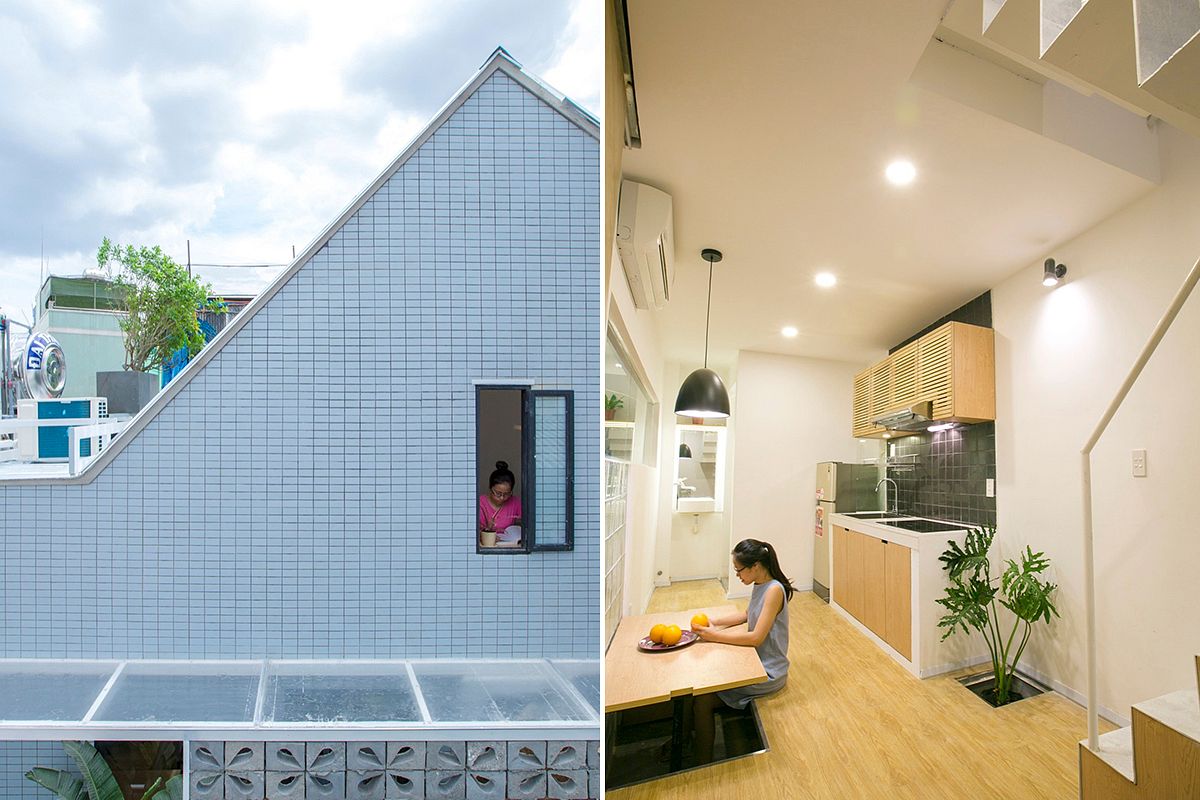Thanh Nien recently published a very well-written and well-researched article about the state of higher education in Vietnam. From numerous interviews with education professionals, it’s abundantly clear that the system is inefficient at best.
The author highlights overly-ambitious plans, stale curriculum, lack of autonomy for universities, insufficient research funding and reliance on international institutions to bridge huge gaps in quality.
Beyond the issues of inefficiency, the biggest problem facing the Vietnamese university system is that its graduates are not meeting international standards for training. Multinationals that set up shop in Vietnam complain that training local employees requires far longer than neighboring countries. Nicola Connolly, vice chair of EuroCham and general director of the HCMC-based Adecco Vietnam Joint Stock Company said:
“Probably [it] takes a minimum of 12 months for our staff to have a basic understanding of our internationals standards. There is a lot of micro-management involved. As I’ve been in Vietnam for nine years, I’m used to it but it requires patience and dedication as leader and manager.”
The country has ambitious plans for 2020, such as training an English-speaking workforce, sending 20,000 masters and doctoral candidates to overseas programs and building 4, top-200 universities. As experts question the feasibility of these plans – especially since it took China and South Korea decades to do the same – Vietnamese students are going to the US and Australia in droves for their university degrees. And these aren’t full scholarships at top schools, but community colleges.
The article goes into much greater depth on these issues and is worth reading in full.
Education issues, along with macroeconomic shortcomings likely signal a tough road ahead for Vietnam's development. Hopefully the powers that be are up to the challenge and realize that inaction will likely result in a disappointing future.














